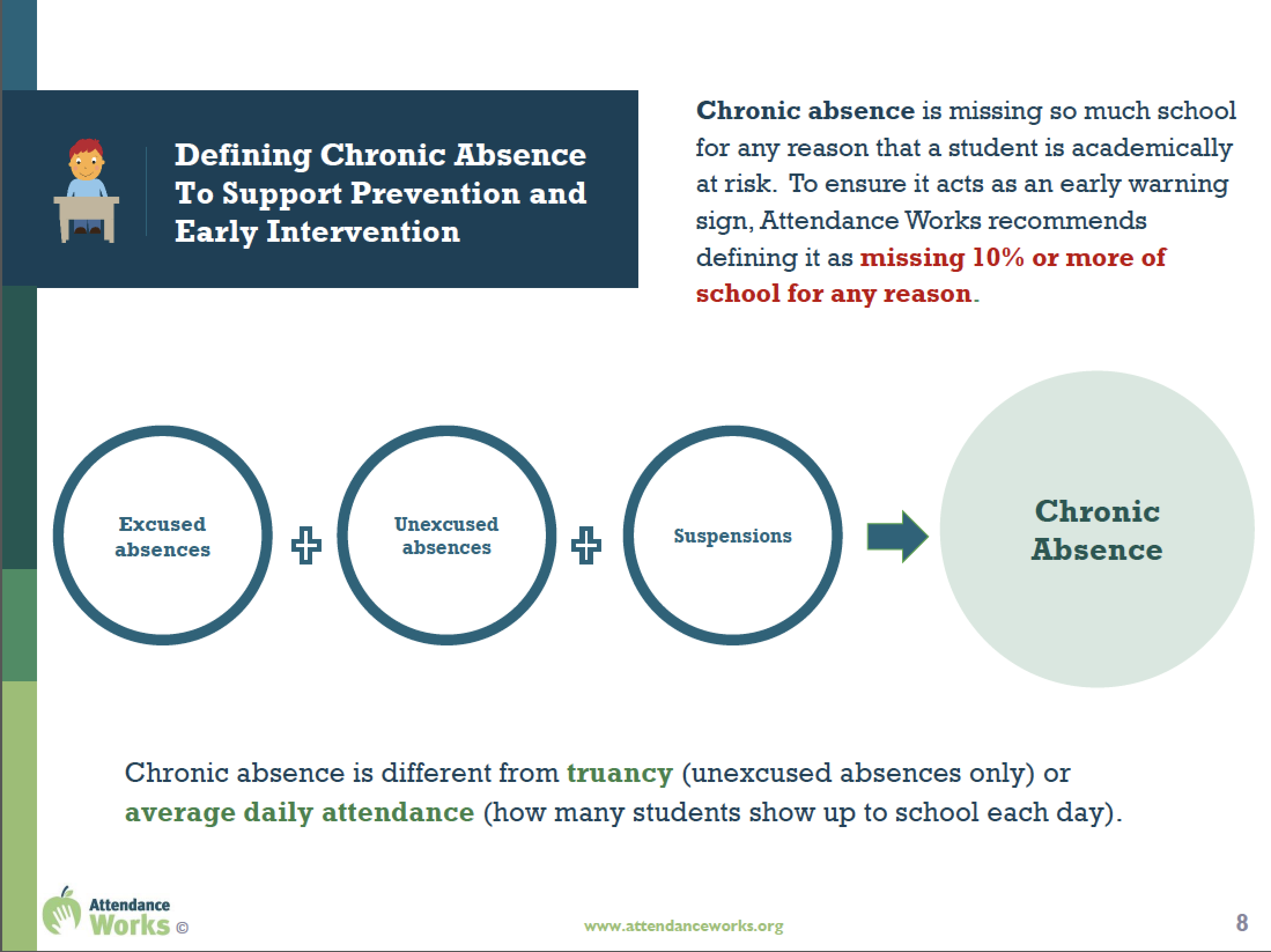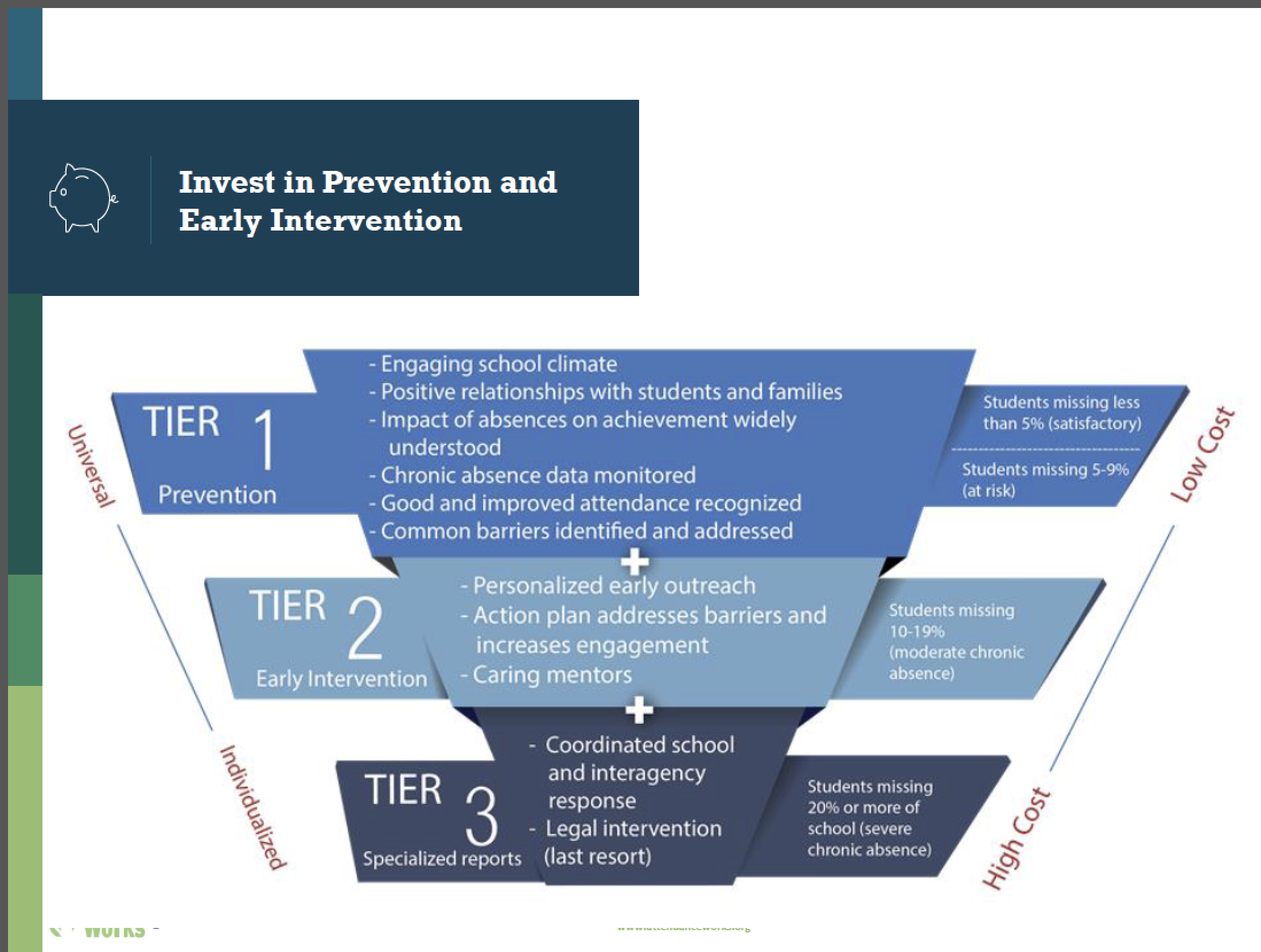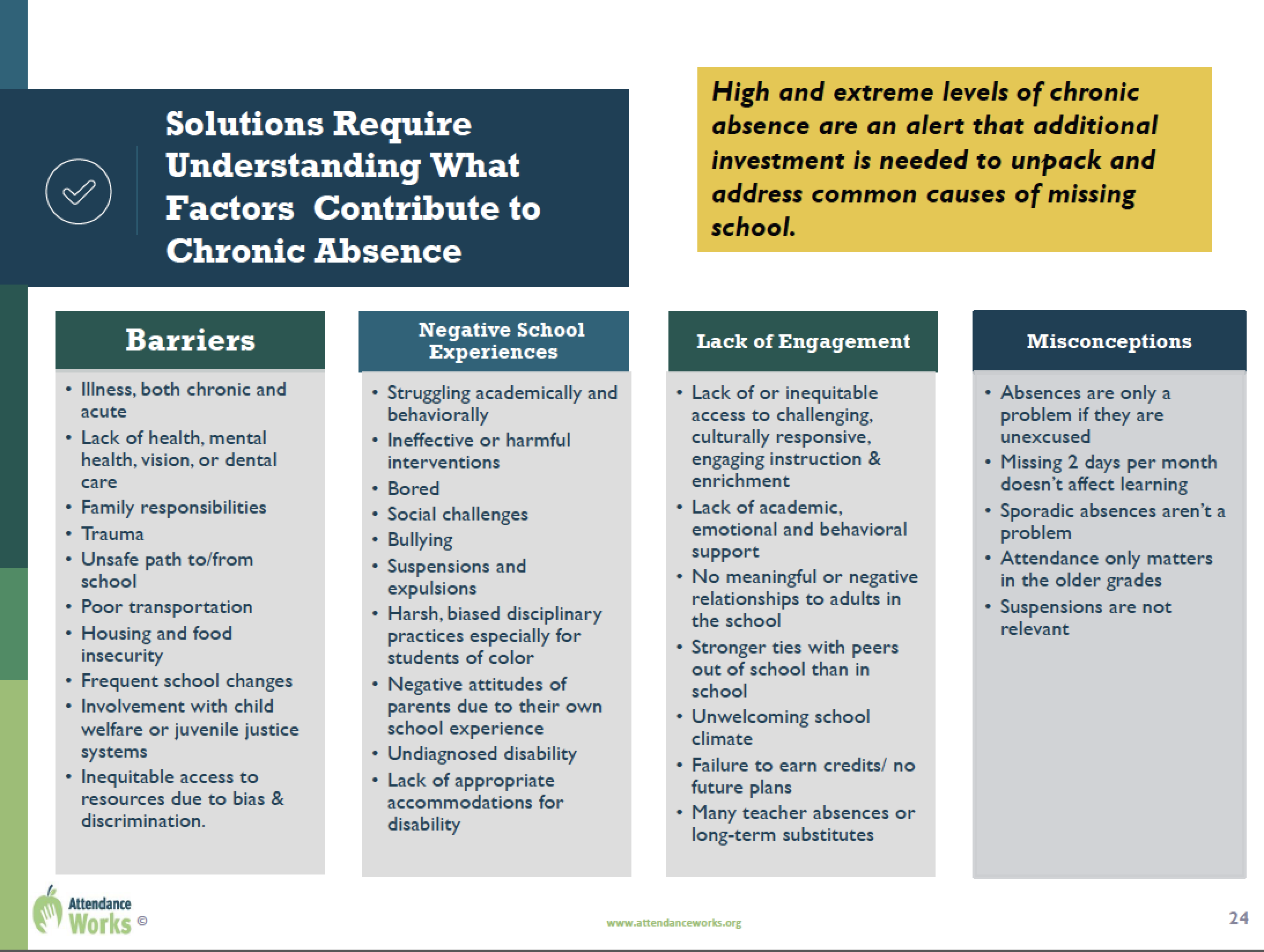'Your kids, Your families': Work against chronic absence in Hickman Mills means to get personal
Beneath all her high academic research credentials, Hedy Chang has been that parent too — vulnerable and ignored in the front office of her child’s school, waiting for help.
So many strategies spill from Chang’s national not-for-profit, Attendance Works, to battle the heavy toll of chronic absence on schools and communities.
But some tactics, she told a workshop audience of educators in Hickman Mills Aug. 13, are as simple as a greeting — a quick, earnest show of concern.
“The consistent, warm welcome,” she said.
It gets more complicated, of course, marshaling a crusade against the chronic absenteeism that puts some 8 million students nationwide at academic risk.
Hickman Mills School District Superintendent Yolanda Cargile understands it well, knowing the effort Hickman Mills and other school communities have put out for years.
“We’ve been wracking our heads,” she said.
But she wanted to bring in Attendance Works — joining with LINC, the United Way, Turn the Page KC and SchoolSmartKC — to recharge the work, and help develop new and stronger strategies for everyone.
“I’m a firm believer that if you want different results you need to do something different,” Cargile said.
The Aug. 13 workshop gathered attendance teams from all of the Hickman Mills schools, LINC program educators and staff from Kansas City Public Schools in an ongoing KC-area effort that began a year ago and is getting down to deeper, hands-on work in 2019-2020.
The task is daunting, Chang said, but filled with “hope, faith and capacity.”
“The good news is we know we can address chronic absence,” she said.
“Look around the room and see who’s here,” Chang said. She gestured to the teachers, principals, counselors, nurses, secretaries, after-school teachers, data strategists and community partners.
“You’ve got all the ingredients.”
This is the work Chang said she imagined more than 10 years ago when she realized that academic efforts — like her research for the Annie E. Casey Foundation and reports such as her paper, Present, Engaged and Accounted For: The Critical Importance of Addressing Chronic Absence in the Early Grades — weren’t enough.
She started Attendance Works to more directly take on the impact of what the research found: That one in ten kindergarteners and first-graders miss more than a month of school nationwide, and as many as one in four in some cities. And that this lost school time cripples the potential of too many students, strains too many schools and shadows the health and prosperity of too many communities.
The collaboration of LINC, the United Way, Turn the Page KC and SchoolSmartKC with the schools affirms that this is the community’s work, she said.
“You on the ground,” she said, waving her hand across the roomful of frontline workers, “you are the most important. We want to help you with strategies.”
The workshop’s program began in Tier 1, contemplating school-wide strategies to create an environment that encourages strong attendance and intervenes in the earliest signs of missing classes.
This begins with promoting a sense of belonging — from the first bus driver in the morning to the after-school staffer seeing a child homeward in the car line at night.



The group was challenged to develop other ideas to help in Tier 1 — how to make learning engaging, find restorative and non-punitive ways to respond, meet families’ basic needs and build awareness to the importance of attendance.
In the months ahead, more work follows in Tier 2, using responsive data to identify children who are beginning to show attendance concerns and develop targeted, individual strategies to help them and their families.
LINC program leaders at the workshop know that they have been and will be important players in the work.
Danielle Small, site director of the Caring Communities program at Compass Elementary School, said she and her team intend to regularly talk with the school’s counselor, nurse, principal and teachers.
The “flow” of collaboration helps in “building relationships,” Small said, so everyone can be “honest and blunt about situations going on.”
A strong after-school program helps the attendance mission, said Jene Counts, LINC’s Caring Communities Site Director at Millennium at Santa Fe Elementary School.
“Some students want to be in the after-school program, and they know they can’t if they don’t come to school,” Counts said. “It’s incentive to come to school and stay in school.”
The best ideas, Chang said, are going to thrive on stronger relationships between everyone — school staffs, community partners, parents and students.
“Your solutions have to be built on understanding,” she said. “You tailor it to your kids, your families.”
By Joe Robertson, LINC writer
